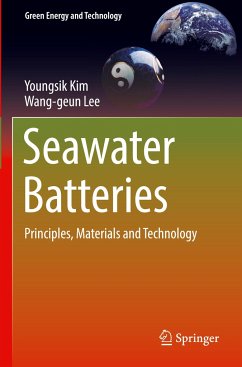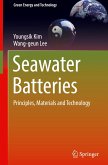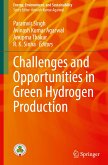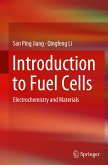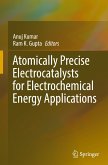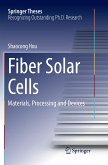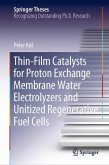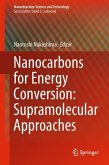This book introduces the working principle, materials, and design of seawater batteries and reviews the current state-of-the-art technologies in cells and modules.
This book looks at the characteristics of seawater, then reviews the basic electrochemical processes involved in the storage of electrical charge in seawater batteries, and then discusses the development of anode, cathode, and membrane materials, and cell engineering progress. In particular, Chapter 3 contains the latest research and development results for rechargeable seawater batteries. The book has been written for a broad readership including graduate students, academic and industrial researchers working on sustainable, low-cost energy.
This book looks at the characteristics of seawater, then reviews the basic electrochemical processes involved in the storage of electrical charge in seawater batteries, and then discusses the development of anode, cathode, and membrane materials, and cell engineering progress. In particular, Chapter 3 contains the latest research and development results for rechargeable seawater batteries. The book has been written for a broad readership including graduate students, academic and industrial researchers working on sustainable, low-cost energy.

